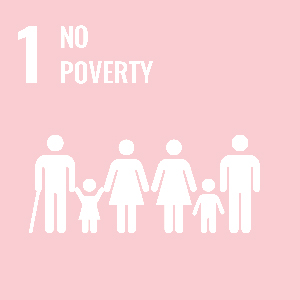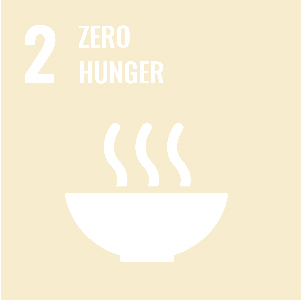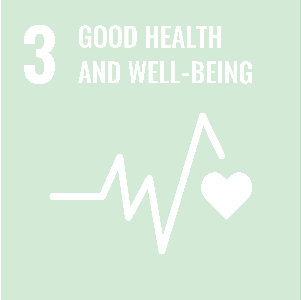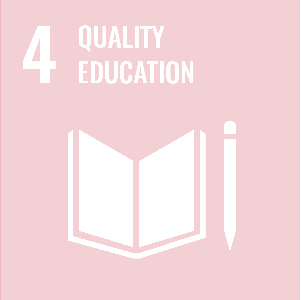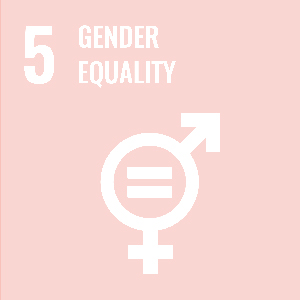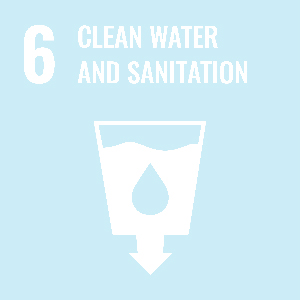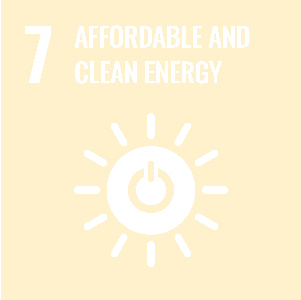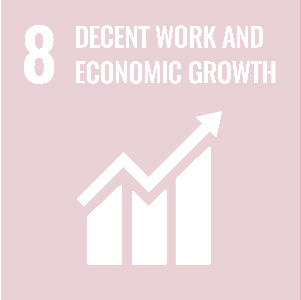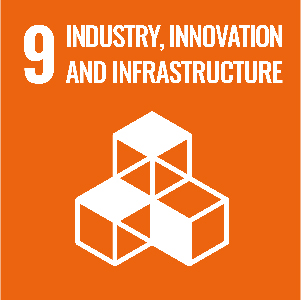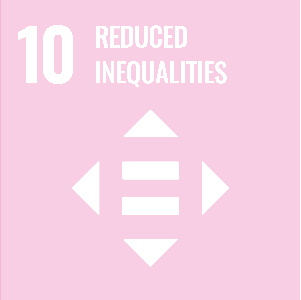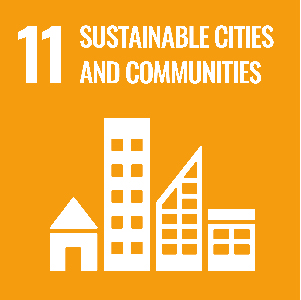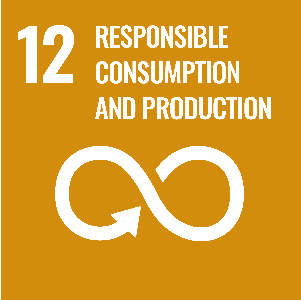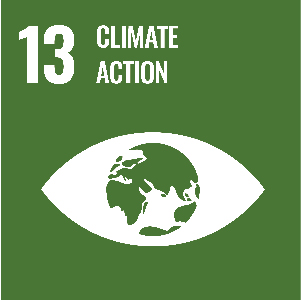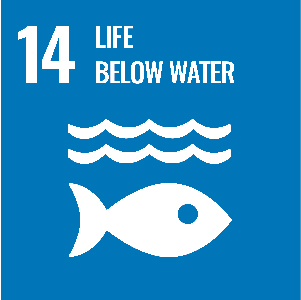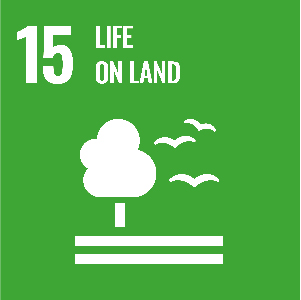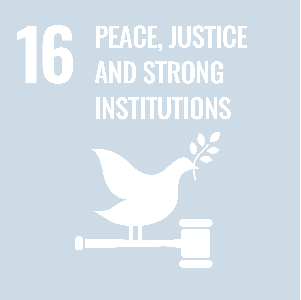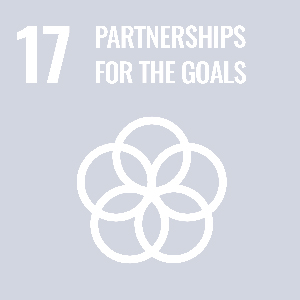Internet explorer not supported - Please switch to Edge, Firefox, Chrome, Opera or other browser and improve the safety of your navigation
Internet explorer not supported - Please switch to Edge, Firefox, Chrome, Opera or other browser and improve the safety of your navigation
You were redirected to http://corporate.messergroup.com/en/web/guest/sustainable-customer-loyalty-2019 .
Click the following link if you want to dismiss this redirect and access the original URL: Link .
One of the ways our gases and applications benefit our customers is by helping them make their products and processes more environmentally friendly. In so doing, the sales and marketing functions align with the needs of the clientele. Our bulk, pipeline and cylinder gases not only help render processes safer, more cost-effective and / or of higher quality, but also make them more sustainable, whether by reducing greenhouse gases, raising production efficiency, preventing waste, increasing yield, or generating direct energy savings.
Year for year, we achieve innovations and process improvements for the benefit of our customers and the environment. Thanks to application engineering projects implemented in 2019 using our gases, our specialists’ expertise and our technologies, for example, our customers in Europe and Asia are now emitting a total of 34,300 metric tons of CO2 equivalent per year less than before. The savings achieved in 2019 benefit our climate. In the field of industrial process engineering, the condensation of solvents is an important technology for cutting CO2 equivalent emissions. At one of our customers in Europe, a cryogenic process for “total” condensation of gaseous methyl chloride was developed in 1995. In 2019, we designed and built a new plant for recovering 1,000 kilograms per hour of methyl chloride in batch mode. Each year, liquid nitrogen is used to condense some 300 metric tons of methyl chloride for reuse in production. To recover gaseous methyl chloride for another customer, a process was developed and implemented in collaboration with partners, whereby a cryo-condenser is combined with three nitrogen-regenerated absorbers. With the Messer Duo-Condex pilot unit, extensive testing was conducted at another customer, eventually resulting in the acceptance of the unit and a supply agreement for Messer gases. For the recycling of waste from rubber boot production, a Central European customer has been carrying out a series of successful pilot plant tests since 2012. After plant design support was provided, the necessary cold grinding equipment was ordered, and the supply agreement was signed. In China, large contracts for the recycling of lithium batteries were signed. In the field of metallurgical processing, oxy-fuel combustion is helping to significantly reduce fuel consumption in high-temperature processes, especially where non-preheated oxidizing air is present initially. In 2019, Messer converted a number of furnace units in the non-ferrous area and other furnaces in the glass industry to oxy-fuel combustion at customer facilities in Europe, Vietnam and China.
Due to increasing energy prices and the need to cut CO2 emissions, waste heat has become a valuable raw material. Allenspach Apparatebau in Hermetschwil, Switzerland, builds tailor-made heat recovery systems that enable the efficient use of exhaust gas heat from industrial processes. The materials used must be specified individually for each unit – so they can, for example, withstand the formation of acids or bases during the condensation phase. The high quality of the units from Allenspach rely on the Messer cylinder gases Ferroline C12 X2, Ferroline X4, Inoxline C2, forming gas and argon. They are used for high temperature in the construction and installation of heat recovery systems as well as other equipment.
Pergam-Suisse’s Airborne Laser Methane Assessment (ALMA) is a state-of-the-art laser-aided leak detection system for natural gas lines. The Zürich-based company uses methane from Messer to test its instruments and train users on its application. Methane is the principal component of natural gas. When released to the atmosphere, its impact on the climate is 25 times more severe than that of carbon dioxide. In order to prevent gas losses and their harmful effect, European Directives require regular inspection of natural gas lines by helicopter. ALMA can reliably detect even minor leaks at a distance of up to 150 meters.
It uses a pulsed diode laser aimed at the pipeline during inspection.
Enviropol is a leading processor of waste electrical and electronic equipment in the Czech Republic. Its plant in Jihlava is capable of recycling up to 95 % of the material, which makes it one of the most modern facilities of its kind in Europe. In order to raise the mill’s capacity, the mill is cooled with liquid nitrogen. Messer installed the necessary piping and a nitrogen control system in the spring of 2019 and supplies the gas.
Messer supplies argon, methane, oxygen and acetylene to Master Solar in Šimanovci near Belgrade. The company produces equipment that makes thermal use of the sun’s energy. Along with collectors, this also includes stratified charge storage tanks for water warmed by the sun. Master Solar’s high-quality units have proven their worth even under extreme climate conditions. The gases are used for various welding processes, including CMT (cold metal transfer) welding, which produces particularly high-quality, practically splatter-free welds.
Messer supplies CO2 and hardware to Gezhouba Environment & Engineering to neutralize alkaline wastewater. The company cleans sludge pumped from Dian Lake. The largest inland lake in Yunnan Province is polluted due to over-fertilization. An alkaline, calcareous agent is used to extract water from the sludge. That process wastewater is then highly alkaline and contains about 500 milligrams of lime per liter. Carbon dioxide, introduced with tubular reactors built by Messer, lowers the pH and softens the water. Unlike the previously used hydrochloric acid process, this method releases no chloride ions. Now the treated wastewater can be pumped right back into the lake. And process costs have also been reduced by more than 30 %.
Satisfying the needs of our customers is our top priority. Measuring the satisfaction of our customers and taking their opinion into consideration are intrinsic to our guiding principles as a responsible company. We have anchored our ambition in our corporate mission statement: We focus on the individual requirements of our customers and help them strengthen their competitive position and performance.
In Europe, we measure the satisfaction of our customers in systematic surveys and integrate the findings in our management processes. In 2019, customer satisfaction analyses were conducted in France, Austria and Serbia. The level of satisfaction is high in the three countries: The average is 89.4 %. Another indicator of good customer loyalty is the percentage of credit notes issued in proportion to the total number of invoices. For the Messer Group including Western Europe as well as Asia, it was – as in the previous year – 1.4 % overall. One factor that strengthens customer satisfaction is service. With a focus on the technical safety of supply installations at our customers (1.07 inspections per tank farm were conducted in 2019) and the practical safety of our customers when handling gases (4,392 of our customers’ employees were trained in 2019), we are continuously building trust and further developing our expertise.
Messer presented its new Silensnow technology at Solutrans in Lyon, France, on November 19 - 23, 2019. Together with its partner Frappa, Messer developed the new cryogenic Silensnow technology for the temperature-controlled transport and logistics sector. This patented process for vans uses dry ice snow – carbon dioxide in solid form at -78.5 degrees Celsius – as its source of cooling. The cooling capacity of the dry ice is achieved through an indirect cooling system. This process meets the environmental and regulatory requirements of transport companies. Moreover, Messer has developed its own service station, which makes it possible to fill the system with dry ice safely and rapidly. As a byproduct of the chemical industry, the CO2 from Messer is collected and cleaned, liquefied and appropriately certified. It is used in a variety of applications. With Silensnow, it is used as a source of cooling when transporting fresh and frozen products to urban areas.
At the Powtech trade fair in April 2019 in Nuremberg, Germany, Messer demonstrated the advantages of liquid nitrogen and carbon dioxide in cold grinding and informed visitors about cryo- genic equipment for cooling products and mills. In cold grinding, the material to be ground is cooled and embrittled with extremely cold liquid nitrogen or carbon dioxide. This process achieves particularly fine grain sizes and a high throughput of the material being ground. Moreover, by displacing oxygen, nitrogen and carbon dioxide establish an inert atmosphere, thereby providing strong protection against dust explosions. The comminution of composites by conventional milling methods is problematic; cryogenic grinding technology can be used to separate them economically and ecologically into their individual component materials. With spices, the high temperatures due to the energy applied during grinding can cause the loss of aroma and flavoring. With heat-sensitive materials, the use of cryogenic gases to cool the grinding process keeps the temperature from rising. Messer operates a highly specialized test center in Krefeld, Germany. The design of the entire unit serves as a reference, because it corresponds to an actual production plant. The results obtained here are also of particular interest as they can be applied to large scale production. In addition to the manufacture of grinding samples, manufacturing costs can be estimated under different production conditions and compared with other grinding processes. Existing mills at the customer’s facilities can also be optimized. To conduct on-site testing on those units, granulate coolers, nitrogen control valves and the temperature control system can be provided.
In June 2019, together with the Institute for Environmental Protection and Sensors IOS, Messer Slovenija organized a professional symposium on the purification of process water and wastewater in the paper and metal industries. Experts from Messer showed participants the possible uses of industrial gases and how they affect the processes of conditioning, purification and neutralization of industrial water, including specific examples from industrial practice.
In 2019 in Hungary, professional forums on wastewater treatment as well as gas metal arc welding, laser technology and 3D metal printing were held under the new name “Get into Gases – Messer Innovation Forum.” The purpose of these innovation forums is to present the most advanced and exciting innovation projects and trends from research and technology in a special gases application field. The two high-caliber events drew more than 260 highly qualified specialists together and ushered in a number of business opportunities. Even the professional media rated the innovation forum on welding as the foremost professional event in this field.
Messer provided support to the Formula Student team of the University of Ljubljana with gases and welding expertise. In the Formula Student program, student teams from all over the world compete against one another with race cars they build themselves. In this race series, what counts is more than just the results of the actual races. Technical factors such as production and cost, design, durability and efficiency of the vehicles are evaluated with points. Formula Student is the largest international competition for mechanical and electrical engineering undergraduates. The races are held in three categories: Internal combustion engine, autonomous and electric.
Messer in Hungary gives training courses in welding technology for metal and steel construction companies as well as for technical schools. Among other things, these courses aim to offer the future generation of welding specialists practical training that addresses the needs of the industry. Participants also get the chance to learn about the benefits of using our three-component mixtures.
